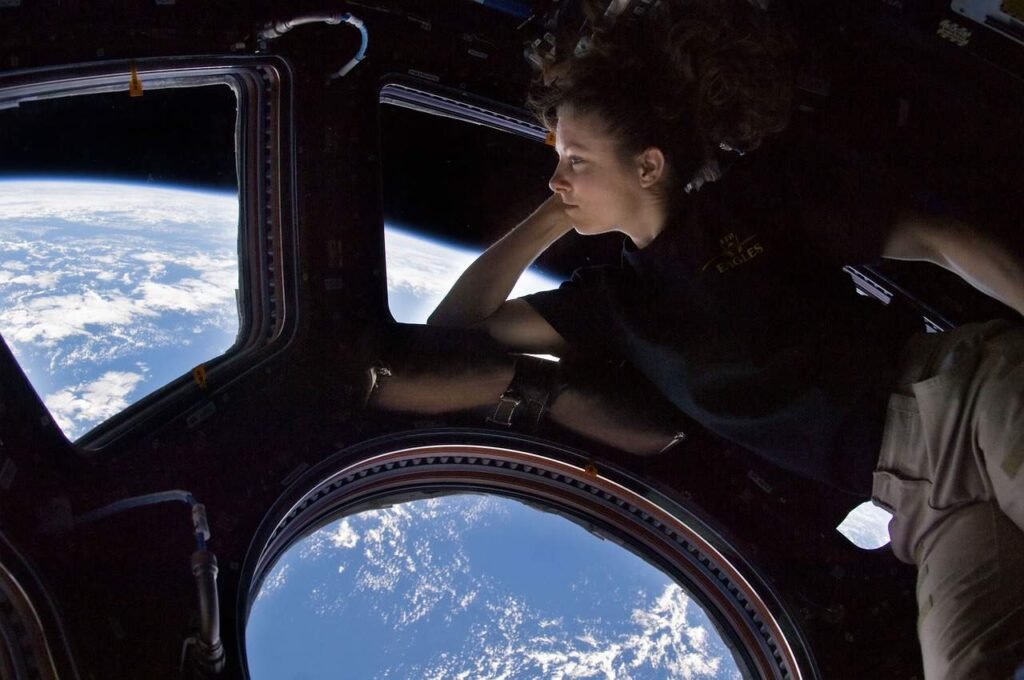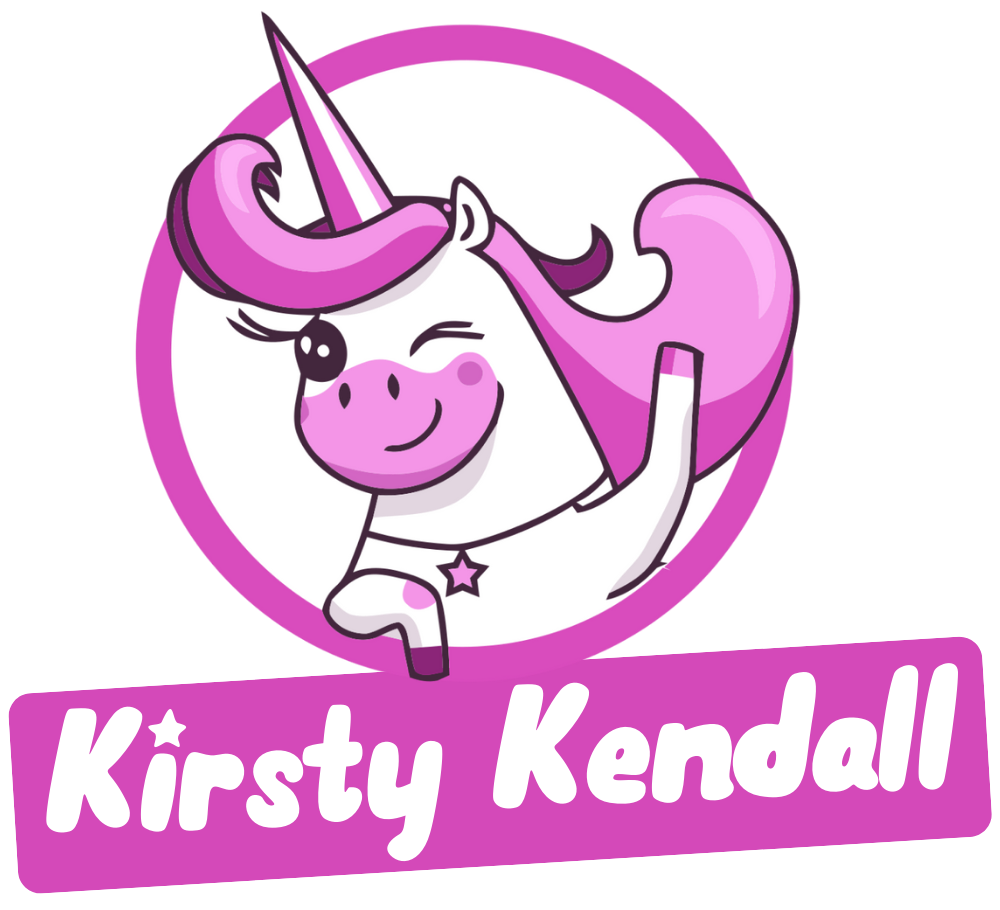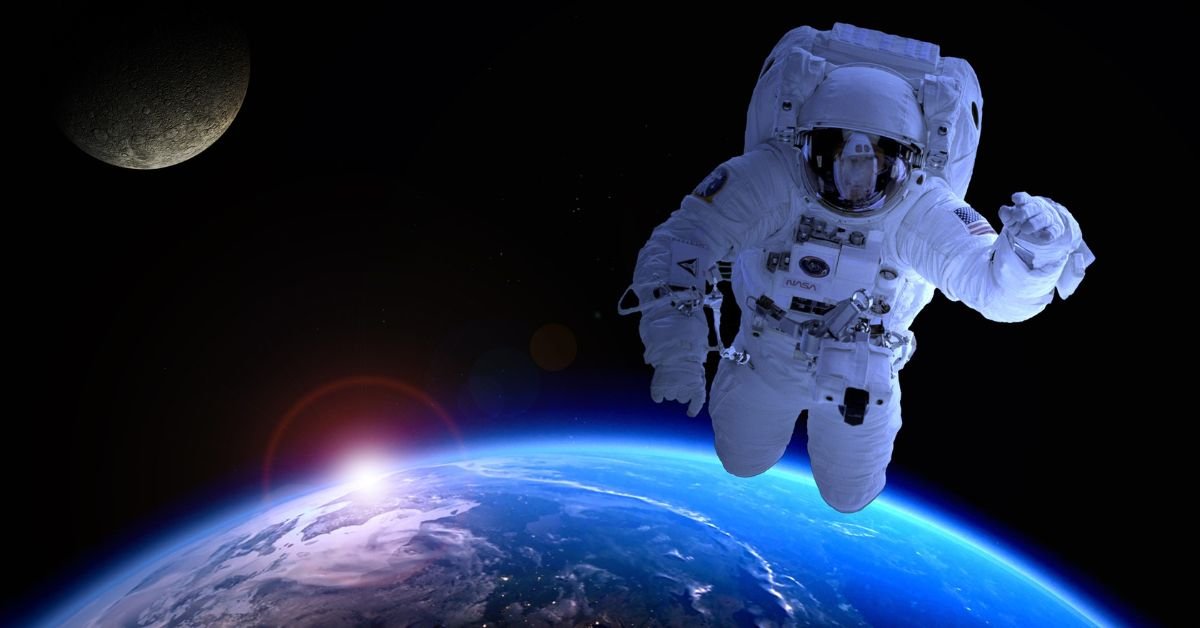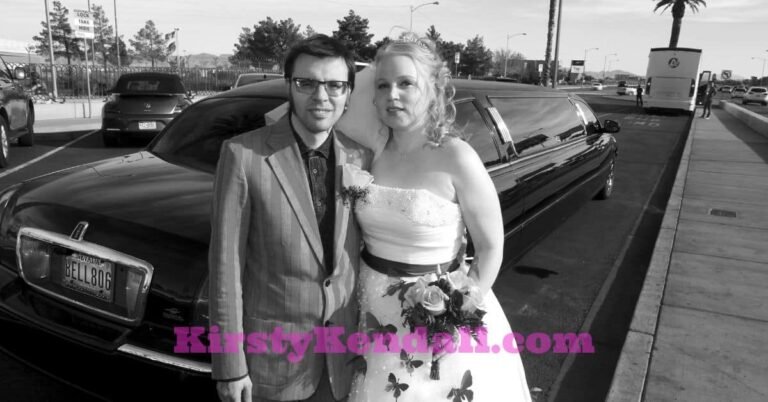Astronaut might be one of the most autistic-unfriendly jobs in our solar system.
Sure enough, some autistic people would love to be astronauts, at least those whose special interest is space.
Could their dream come true, or is the astronaut life too much for someone with autism? Is the autistic astronaut an impossible equation, or are there autistic astronauts exploring space?
The sensory issues in space
Space life presents many sensory issues for an autistic person.
In the International Space Station, the equipment is always on and making noise. Not to mention the 16 sunrises and sunsets per day. I know I would have sleep issues in that kind of environment.
Also, you need to sleep in a sleeping bag hooked up to the wall.
The buzzing and humming machines would be a nightmare for many autistic people. Based on videos, the lights on ISS are the usual horrible fluorescent tubes, so I would need to wear sunglasses all the time.
To make the space sensory soup worse, ISS is full of “strange smells, from body odor to sterile equipment”. As an autistic person with sensory sensitivities, I wouldn’t look forward to the smelly space odyssey.
And remember, you can’t just open a window…
Adjusting to zero gravity with autism
Adjusting to a weightless environment is challenging for anyone, but it would be more so for an autistic person.
Many autistic people like the deep pressure you get from a weighted blanket or a firm hug. For me, even the sensation of lying down on the floor and feeling the weight of my body against the floor is relaxing. Rocking back and forth on the floor while pressing my legs against my chest is soothing.
You can’t feel the weight of your body against the floor in weightlessness. A weighted blanket would be useless too.
Of course, I’ve never been in a weightless environment, so I don’t know what it feels like. Maybe there would be something relaxing about it.
I find swinging relaxing. Would it feel like swinging when you can move your body without the constraints of gravity?

Space food for autistic picky eaters?
Many autistic people are picky eaters. How would that work out in space?
These days, the astronauts on ISS enjoy a variety of foods. But would they satisfy an autistic astronaut?
As a vegetarian, I would be worried if I were forced to eat meat in space. No one ever mentions special diets when it comes to astronauts.
It is possible that being in space would actually make it easier to handle food sensitivities. That’s because the weightless environment often leads to loss of taste.
On the other hand, for many autistics, undesirable foods are more about an unpleasant texture than taste. The texture wouldn’t change in space, would it?
The personal hygiene issues
I would have trouble adjusting to many discomforts of space life. Here are some facts about astronaut life I wouldn’t like:
- Astronauts wear space diapers during takeoff, landing, and EVA (although it’s called with a fancy name Maximum Absorbency Garment).
- There’s no shower and you can only wash with wet towels and rinse-free shampoo.
- You have to pee into a tube.
- There’s no washing machine. The astronauts change their underwear every 2 to 3 days, and exercise clothing every 3 days. They wear other clothes even longer, for 10 days.
If you’re wondering what the above-mentioned points have to do with autism; a lot!
I have sensory issues with being dirty and sweaty. If I had to wear the same sweaty exercise clothes for 3 days, yuck! And the astronauts’ clothing will be sweaty since they need to exercise more than 2 hours a day to prevent muscle deterioration. And I absolutely hate when my scalp gets dirty and itchy.
I did the rinse-free shampoo and wet towels on my Trans-Siberian train trip. But the maximum time I had to do it was four days. The astronauts are in space for months.
You can’t avoid socializing in a confined space
Even if the autistic astronaut can overcome the sensory issues in space, they still need to tackle the social demands.
The European Space Agency ESA states that “it is paramount that astronauts work well in a team, even in confined spaces and under stressful conditions”.
“Working well in a team” is not a typical autistic strength.
Astronauts have some free time. Also, they can bring some personal belongings to ISS.
The astronauts on ISS have private sleep pods with doors they can close, so at least there’s some privacy.
I still wouldn’t get enough alone time if I was an astronaut. You can’t escape the crew members in a confined space.
You can’t go out to cool off if you have a meltdown. There’s nowhere to run.
The upside is that you wouldn’t need to constantly meet new people. You only see the same crew members every day on ISS. But you can’t select the people you work with.
As an astronaut, you’re also expected to attend events and discussions and have an active media presence. That’s not what most autistic people are comfortable with.
One thing that might be helpful for an autistic astronaut is the strict routine on ISS. According to this video, “nearly every task on the ISS is carefully scripted”. That’s promising news for the autistic astronaut’s executive function!
Are there autistic astronauts?
What if an autistic person decides to overcome the challenges and become an astronaut? Are you even qualified for the profession if you’re autistic?
In 2015, NASA published an article about an autistic 18-year-old who strives to become the first autistic astronaut.
Actually, there has been at least one autistic astronaut, Lisa Nowak. But she got her Asperger’s diagnosis after her astronaut career.
Could you get selected if you already have an autism diagnosis?
Very few people ever get selected to become astronauts. In 2021, NASA chose only 10 out of 12,000 applicants for astronaut training.
NASA has strict requirements for astronaut candidates. In order to apply, you need a Master’s degree in science, technology, engineering, or mathematics and two years of professional experience. You must have a vision correctable to 20/20 in both eyes, and you need to fit into a space suit.

ESA states that “the applicant must be free from psychiatric disorders”. That means you’re disqualified if you’re diagnosed with autism or ADHD. Or does it? Autism is a neuropsychiatric diagnosis.
Space agencies require medical tests and certifications for the applicants, so hiding your autism diagnosis would not work.
Would the diagnosis automatically disqualify you, then?
Space agencies don’t mention neuropsychiatric diagnoses in their requirements. ESA lists several mental health conditions that make an applicant unfit, but they don’t say anything about autism.
The autistic astronaut — An impossible equation?
Being an autistic astronaut would be a difficult task. The sensory issues and social demands would be too much for most people with autism.
However, there are always exceptions to the rule. There might be someone with the perfect combination of skills to make it as an autistic astronaut.
It’s unclear whether an autistic person can become an astronaut. Space agencies don’t mention in their requirements whether an autism diagnosis disqualifies you or not.
The requirements for astronaut candidates are super strict. Only a handful of applicants get chosen for the training.
Nevertheless, if becoming an astronaut is your dream, you shouldn’t let anything stop you from pursuing it.
If you never even apply, your chances of getting selected are 0.
The only way to raise your probability of becoming an autistic astronaut is to send that application.
Do you think you could make it as an astronaut? Please share in the comments!
Also read:







